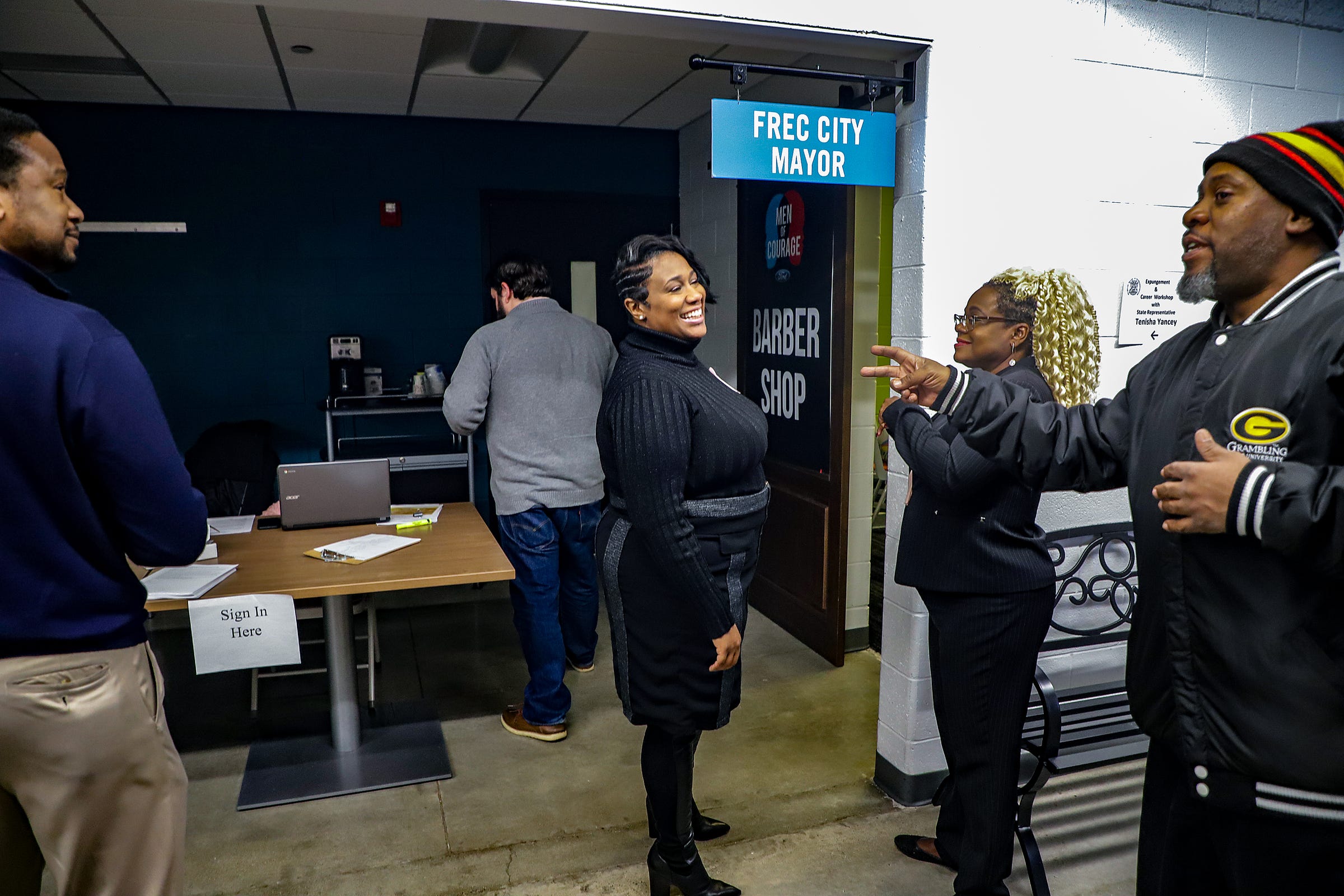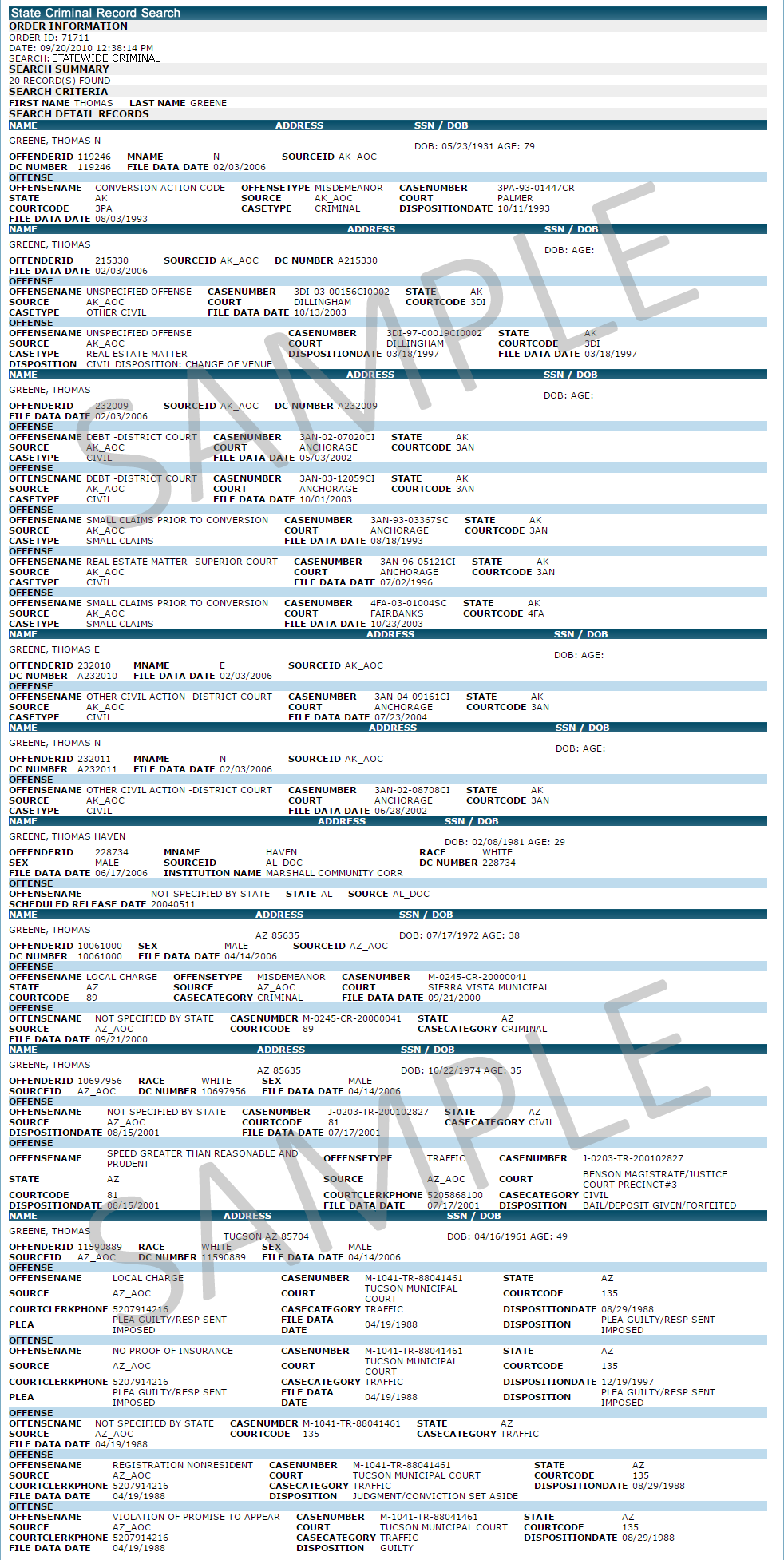
The processes of regaining your voting rights in Texas can be impressively straightforward. Have you lost your voting right to your felony conviction? No worries. If an individual still faces indictment, prosecution, or is an active participant on other procedures that comes up before a final conviction, their criminal status is yet undetermined and, at such, may retain his voting eligibility in Texas elections.Ĭontrarily, someone who has left the bars, but still on their parole terms will be considered inconclusive, until they meet all demands. It is, however, worthy of mention that these voting legislation cover actual convictions. After satisfying those terms, ex-convicts in Texas are qualified to cast their votes.
How do you find free felony conviction records in texas registration#
Regarding voter registration and felons, the Texas State laws prohibit felons from voter’s registration pending when they have served, satisfactorily, their sentence terms – including supervision, probation, parole, or confinement. Conviction and Voter Registration in Texas. While these processes are commendable, the conflicting standards across states can be somewhat confusing for felons seeking to reintegrate into the society and become active – politically and otherwise.

These states, however, has its individually outlined procedures for regaining ones voting right after a felony. This is practicable in 48 states – including Columbia. Presently, one’s voting right is suspended after a felony conviction. Even worse, the use of a voters’ registration form further complicates it – making it tricky to tell whether or not felons are eligible for registration. One big issue among ex-convicts is the ignorance of their ability to participate in electoral activities after serving time. Read also: Can a Felon Vote in Pennsylvania? Voting is one way they prove their commitment to the growth of their community – and, at large, nation.

And as part of their reintegration plans, they try to contribute their quota to social projects of national interests.

Most ex-convicts show genuine remorse after their punishment. There are no clear provisions for the voting rights of a felon.Īccording to ACLU, about 47 million U.S citizens have one form of criminal records or another. Although there have been several constitutional amendments aimed at removing voting barriers, it covers only constitutional aspects related to gender, ethnicity, or race. Against widespread belief, the U.S laws have no explicit provision for all citizens’ voting rights.


 0 kommentar(er)
0 kommentar(er)
